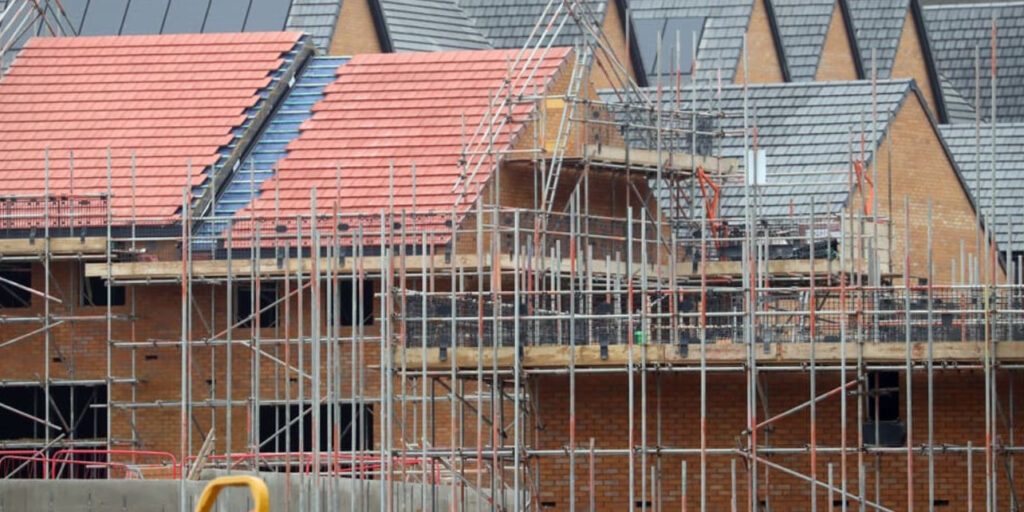Private social housing providers in England have reached a record high in spending on major repairs, including cladding removal, according to a report by the Regulator of Social Housing (RSH).
Capitalised major repairs, covering long-term refurbishments such as roof replacements and cladding remediation, rose nearly 20% to £3.3 billion in the year ending March 2024, up from £2.8 billion the previous year.
This marks the highest expenditure since records began two decades ago.
The RSH attributed this increase to ongoing fire safety, building remediation, and energy efficiency upgrades.
The report analysed 200 large provider groups, representing over 96% of England’s social housing stock.
Total spending on repairs and maintenance also hit a record £8.8 billion, significantly higher than the pre-pandemic level of £5.7 billion in 2020.
Additionally, providers invested £15 billion in development, a 10% increase compared to the £13.7 billion spent the previous year.
The number of newly completed social homes rose by 3% to 54,000 in the year ending March 2024. However, the forecast for social housing completions over the next five years has dropped by 12%, reflecting a decline in new project starts.
While the sector has shown resilience, its financial stability is under pressure.
Rising debt levels, increased capital costs, and sustained investment in existing housing stock have led some providers to make trade-offs, such as reducing new builds or selling housing stock to manage risk exposure.
Will Perry, Director of Strategy at the RSH, noted, “The sector as a whole has so far proven resilient as it grapples with competing financial pressures, managing to stabilise operating margins this year while investing record amounts on existing homes and building much-needed new homes.”
The RSH stressed the importance of financial vigilance among housing providers, urging them to monitor risks and notify the regulator of any potential financial issues promptly.
Perry added, “As these challenges intensify, providers must monitor and mitigate risks, including alerting us of any material issues.
“We will take action if we have concerns about a landlord’s viability.
“We know that this continued close scrutiny is key to maintaining investor confidence, as well as protecting tenants and providing new homes across the country.”
The regulator assured that while no immediate threats of insolvency exist, it will intervene if concerns arise about a landlord’s financial viability.


